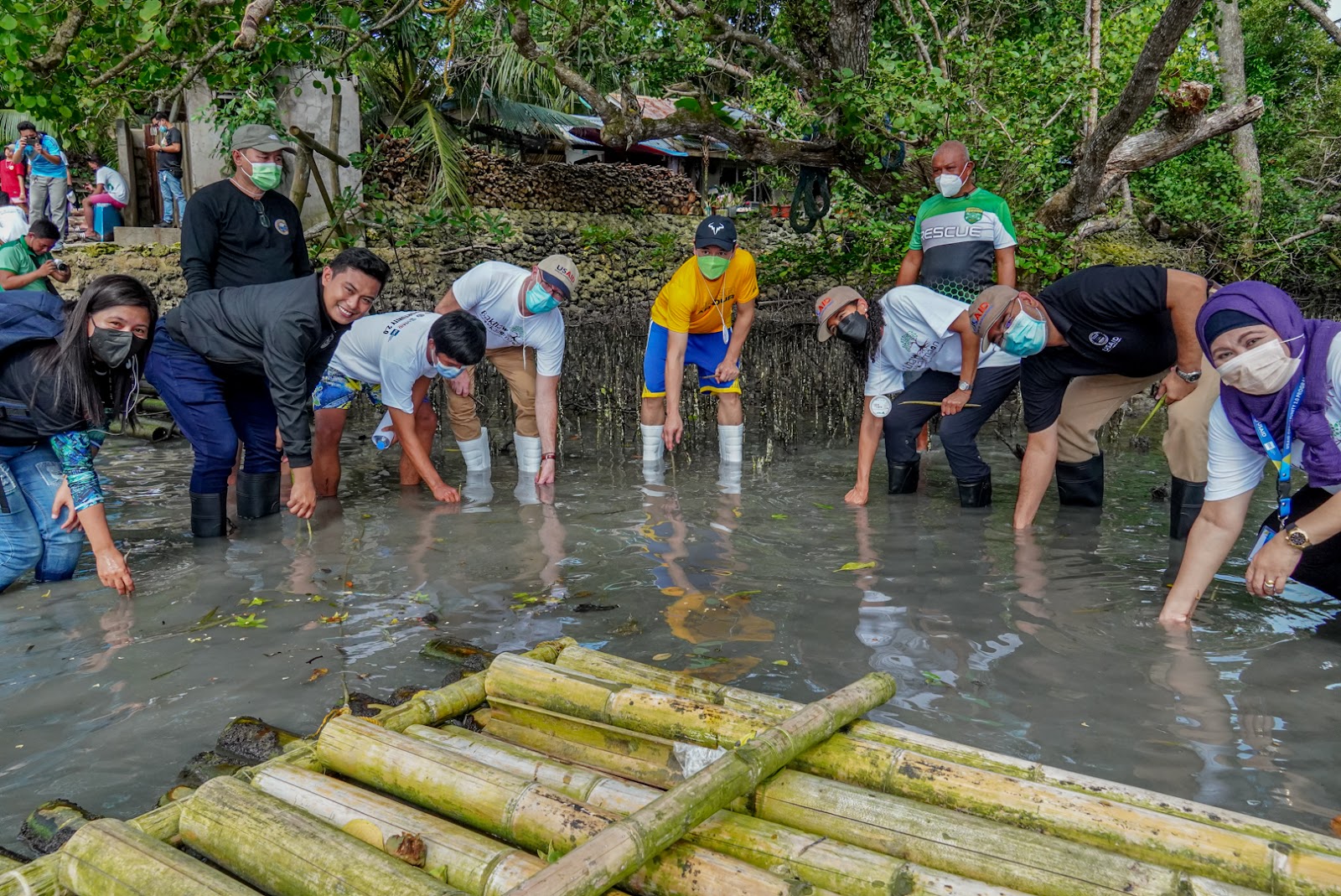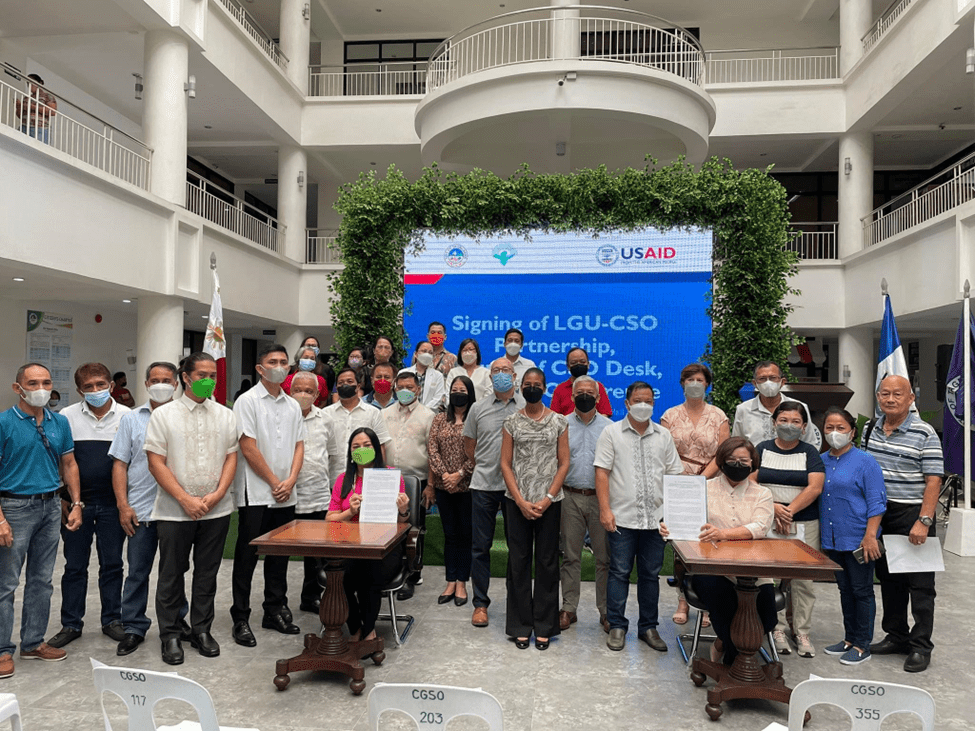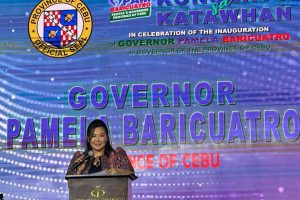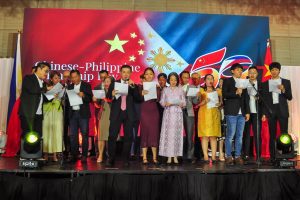MINERVA BC NEWMAN
TAGBILARAN CITY — United States Agency for International Development (USAID) Deputy Mission Director Rebecca Eubanks led the launch of new partnerships in Bohol for youth empowerment, civil society engagement, and health during her visit there on July 25 to 27.
She met with local government officials to discuss key issues such as economic recovery good governance, and healthcare access in Bohol. USAID’s Cities Development Initiative advances the development of cities outside Metro Manila as inclusive, environmentally sustainable, and resilient engines of growth.
To support Bohol’s economic recovery, USAID and the Philippine Business for Education launched a partnership with the Bohol Chamber of Commerce and Industry (BCCI) to train more than 600 unemployed and out-of-school youth in fields such as agriculture, fisheries, and tourism.
“The BCCI network of companies offers the youth access to a range of opportunities for personal and professional growth. More importantly, the skills they can learn will help them develop into productive employees, community changemakers, and future leaders who will help steer the country’s economic recovery from the impacts of the pandemic,” Eubanks said.

Eubanks also met members of Tagbilaran City’s Youth Development Alliance and joined 80 out-of-school youth beneficiaries at a mangrove planting activity. Youth Development Alliances, which are present in 15 cities across the Philippines with the support of USAID, .are multisectoral partnerships that connect out-of-school youth to local businesses for employment and to other organizations for further education and entrepreneurship opportunities.
USAID also participated in the launch of Tagbilaran City’s civil society organization (CSO) desk and its peer mentoring program “Adopt-a-CSO.” Under this mentoring program, bigger and more established CSOs will help smaller CSOs register or acquire local government accreditation.
Additionally, USAID trained 50 CSO and city government representatives in creating safe spaces for respectful processing and consensus building, contributing to a culture of effective engagement between local governments and CSOs.
“Bringing government closer to citizens allows people to participate more effectively in local affairs, including the identification of community priorities. Local leaders can be held increasingly accountable for decisions that affect citizens’ lives, thus reinforcing the people’s faith in the legitimacy of the political system,” Eubanks said.
Eubanks added, USAID also trained 25 nurses and midwives in Bohol on family planning and distributed family planning information material to rural health units in the province.












